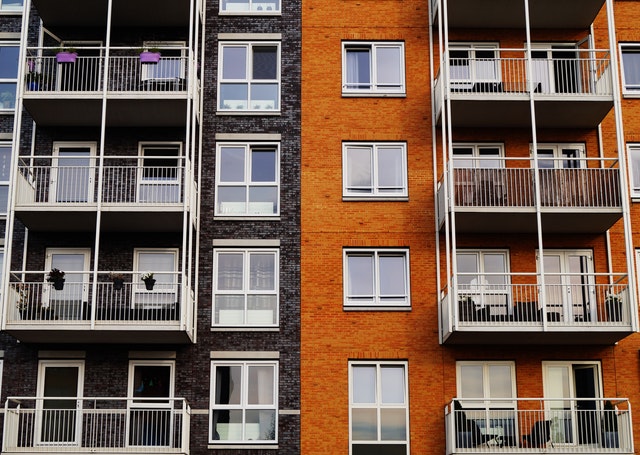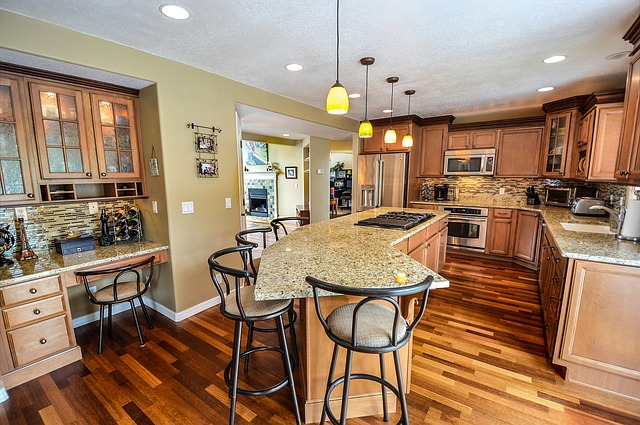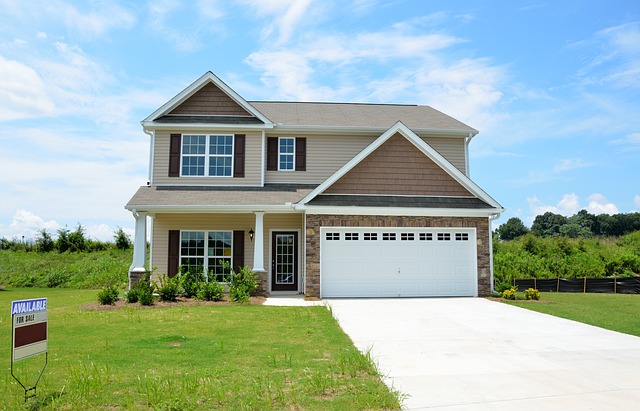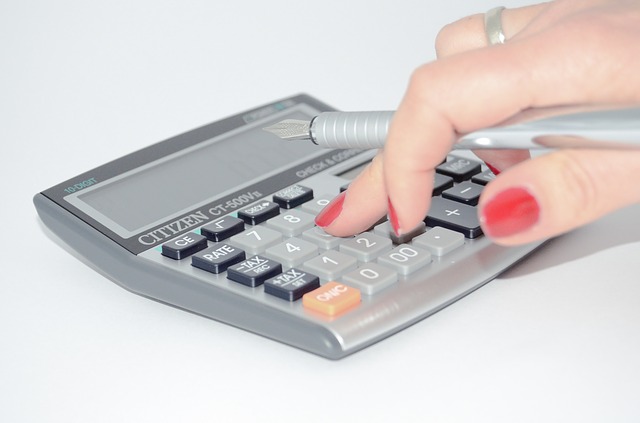Are Multi-Unit Properties the Right Move for You?
 Real estate isn’t a one-size-fits-all pursuit. Buying and renting multi-unit properties is one of the ways investors build residual income while increasing their property portfolios. However, multi-unit rentals come with some unique challenges. Are you ready to manage a multi-unit rental property?
Real estate isn’t a one-size-fits-all pursuit. Buying and renting multi-unit properties is one of the ways investors build residual income while increasing their property portfolios. However, multi-unit rentals come with some unique challenges. Are you ready to manage a multi-unit rental property?
Ask yourself these questions to help you decide which path best fits your resources, goals, and interests.
Do You Plan To Live On The Property?
Living in one of your rental units offers a myriad of benefits. First, you get to keep a close eye on building conditions and the actions of your renters. Next, you’ll be able to respond quickly to an emergency. Last, you won’t have to pay extra for your own living quarters. You won’t have this option with single-occupancy properties.
Will You Work With A Property Management Company?
If you are more of a hands-off investor, a property management company makes owning properties simple. Their staff will collect the rents, respond to requests for maintenance and repairs, and take care of all the paperwork that comes along with rental units.
All you need to do is collect your portion of the payments and keep up with your bank loans. You can still work with a property management company if you opt for single-family properties. However, it may not be the most cost-effective solution in that situation.
Are Market Conditions In Your Area Changing Quickly?
When rental prices go up, it can be difficult for investors to take advantage. Long-term occupants may balk at the idea of paying more for the same property. With multi-unit buildings, you can raise prices as tenants vacate. In this way, you can keep your current occupants happy without sacrificing potential profits.
Are You Looking For More Ways To Increase Your Income?
Multi-unit properties are a unique opportunity for enterprising investors. Rent out space under stairways or in common areas to vending machine companies. Your residents get convenient snacks and you earn a little extra cash each month. A coin-operated laundry room is another addition that adds value for your residents while increasing your own payouts.
Managing a multi-unit building means more paperwork, maintenance, and marketing. However, the potential profits might be worth it. Take some time to review your own goals and abilities before committing to a purchase.
Be sure to consult with your trusted real estate and mortgage professionals to find out more information about purchasing multi-unit rentals.

 Your home is likely your largest investment. Beyond repairs and regular maintenance to keep it clean, comfortable, and safe, there are a number of projects that can increase the resale value of your property. These renovations top the list of changes you can make that positively impact your home’s value.
Your home is likely your largest investment. Beyond repairs and regular maintenance to keep it clean, comfortable, and safe, there are a number of projects that can increase the resale value of your property. These renovations top the list of changes you can make that positively impact your home’s value. Hunting for your new home can be a confusing process. There are countless factors you need to take into account to ensure your new location fits your family’s lifestyle and preferences. In their excitement, first-time home buyers can easily overlook some essential points about their potential property.
Hunting for your new home can be a confusing process. There are countless factors you need to take into account to ensure your new location fits your family’s lifestyle and preferences. In their excitement, first-time home buyers can easily overlook some essential points about their potential property. The success of your real estate ventures depends on your ability to navigate the financial world. Learn these terms to make it easier to understand what’s going on with your real estate investments.
The success of your real estate ventures depends on your ability to navigate the financial world. Learn these terms to make it easier to understand what’s going on with your real estate investments. Are you saving up money for a down payment? Saving money to put down on a home is always a smart idea, but there are right ways and wrong ways to go about it. Understanding how to best save for a down payment will go a long way toward ensuring you’re ready when you finally find the house of your dreams.
Are you saving up money for a down payment? Saving money to put down on a home is always a smart idea, but there are right ways and wrong ways to go about it. Understanding how to best save for a down payment will go a long way toward ensuring you’re ready when you finally find the house of your dreams.